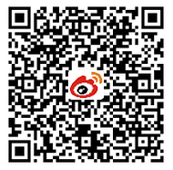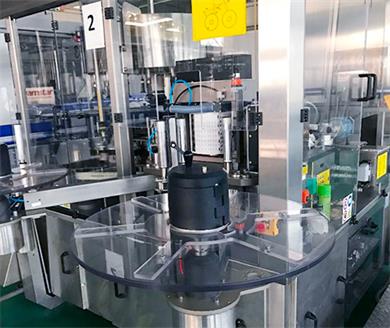RFID Technology helping identify fake products becoming more popular
AUBURN, Ala. (WSFA) - If you’re doing any of your holiday shopping online, buyers beware. There are thousands of counterfeit products online, even at trusted websites.
From cellphones to designer handbags, sales of counterfeit goods have exploded online.
According to the Better Business Bureau, it costs manufacturers and retailers $250 billion a year. An increasing number of companies are turning to technology to counter counterfeits.
“If someone purchases it online, you can scan whether it’s real or not,” said Auburn University RFID Lab Director Justin Patton.
Patton is referring to radio identification tags. He says Radio-Frequency Identification Tags give each individual product a unique serial number.
“If you think about shoes for example, every single pair of shoes, even in each shoe, can have its own serial number that’s unique from all the other shoes like it. With that RFID tag, it carries that data and it’s very hard for somebody to copy it and create the same identity that it has on there,” said Patton.
Studies have found that 1 in 4 people has bought something online that turned out to be counterfeit. With RFID tags Patton says you can simply scan a product to see if it’s a knock-off.
“In use now are fashion items and a lot of apparel items, as well as some over-the-counter drugs. For example, Luxottica, an eyewear company, makes sunglasses and eyewear with a small RFID tag in the bridge of the glasses, with the idea being if it’s a knockoff or a counterfeit, if someone purchases it online, you can scan whether it’s real or not,” Patton said.
Patton believes more companies will add RFID tags to their products.
Last year, there were 14 billion items with RFID tags on them. This year, that number grew to 20 billion.
The Counterfeit Report even found knock-offs on trusted sites like Amazon, Walmart, eBay, and other retailer websites.Copyright 2019 WSFA 12 News. All rights reserved.Read the original version of this article at wsfa.com.
- Impinj unlocks new IoT device opportunities with launch advanced RAIN RFID chips
- RFID is Improving the World of Healthcare
- Confidex Ferrowave Micro Delivers On-Metal RFID Tracking for Specialty Retail
- Paragon ID announces the acquisition of Security Label, European leader and one of the world's bigge















